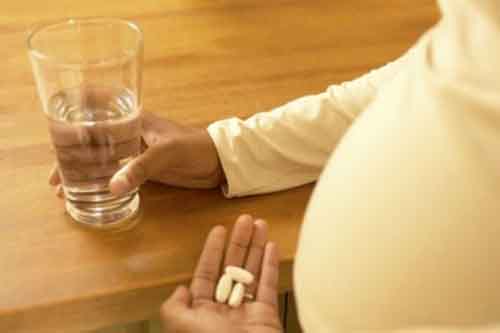NEW DELHI, Oct 13: A group of experts have stressed the need for introducing the BPaL regimen in the tuberculosis control programme of the country, saying it offers not only a significantly shorter treatment duration but has a direct impact on treatment adherence, leading to improved outcomes.
In the fight against drug-resistant tuberculosis, the BPaL regimen which comprises three drugs — Bedaquiline, Pretomanid and Linezolid — offers hope for a shorter, safer, and more tolerable treatment option.
It has a treatment duration of just 26 weeks, against the conventional treatment for drug-resistant tuberculosis which can require patients to take over 4,000 to 5,000 tablets over 18 to 21 months.
The BPaL regimen, which has received recommendations from the US Food and Drug Administration (FDA) in 2019 and World Health Organization (WHO) in 2022, has been rolled out in over 70 countries, including South Africa, Ukraine, Indonesia, Pakistan, Afghanistan, the Philippines, and Vietnam.
Highlighting the key advantages of the BPaL regimen, Dr Vikas Oswal, a National Technical Expert on tuberculosis, stated, “This new regimen offers not only a significantly shorter treatment duration but also a drastic reduction in the number of tablets patients need to take. This has a direct impact on treatment adherence, leading to improved outcomes.”
“Cure rates after completing 26 weeks of treatment are expected to exceed 89 per cent, compared to the 60-65 per cent cure rate seen with strict adherence to the conventional drug-resistant tuberculosis treatment,” Dr Oswal stated.
Blessina Kumar from Global Coalition of TB Advocates, said, “Our tuberculosis patients have been suffering for far too long due to the gruelling and lengthy treatment regimens. The BPaL regimen promises a chance for a better quality of life.
“We urge the Indian government to prioritize the rollout of this regimen to help us achieve the End TB goals by 2025,” Kumar said.
Dr Ravikant Singh, the founder of Doctors For You, an NGO, said the BPaL regimen has shown remarkable success in numerous countries, offering a ray of hope for drug-resistant tuberculosis patients.
Besides being highly efficacious and cost-effective, the BPaL regimen is very simple to understand for healthcare workers. It significantly reduces the logistics cost to treat tuberculosis cases which leads to an overall reduction in treatment cost for drug-resistant tuberculosis patients, he said.
“I hope the Government of India will soon launch this regimen to achieve the UN target of Ending TB by 2030,” Dr Singh said.
Studies estimate an annual global savings of USD 740 million due to the adoption of this regimen, said Blessina Kumar.
“Given that India accounts for a third of the global multi-drug and rifampicin-resistant tuberculosis treated patients, this could translate to savings of nearly USD 250 million per year for our country. Beyond the economic benefits, we cannot ignore the improved quality of life it promises to TB patients,” Kumar added. (PTI)
Trending Now
E-Paper


